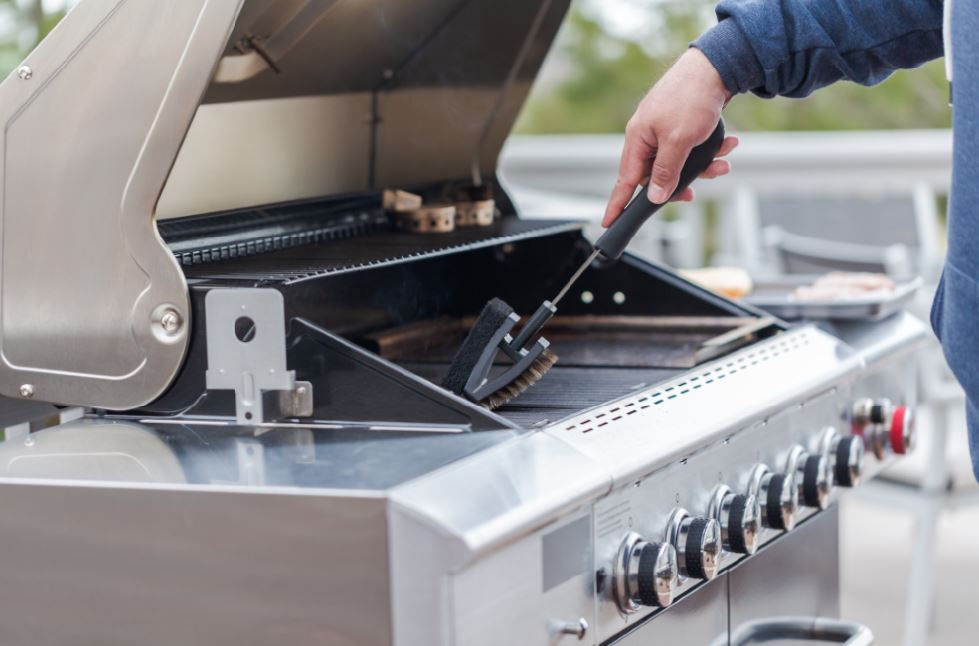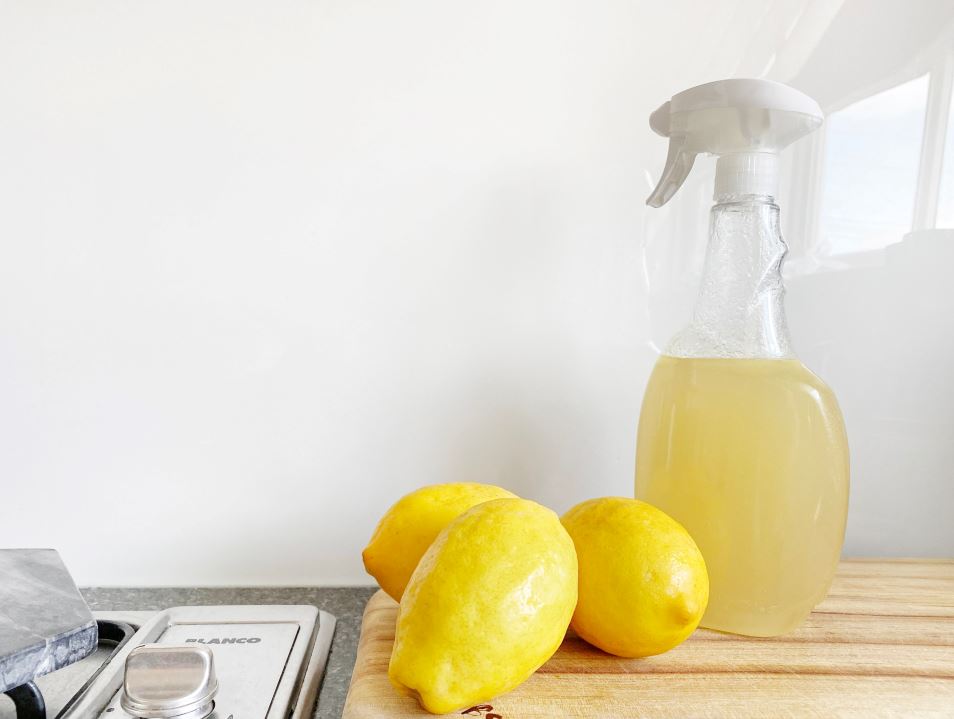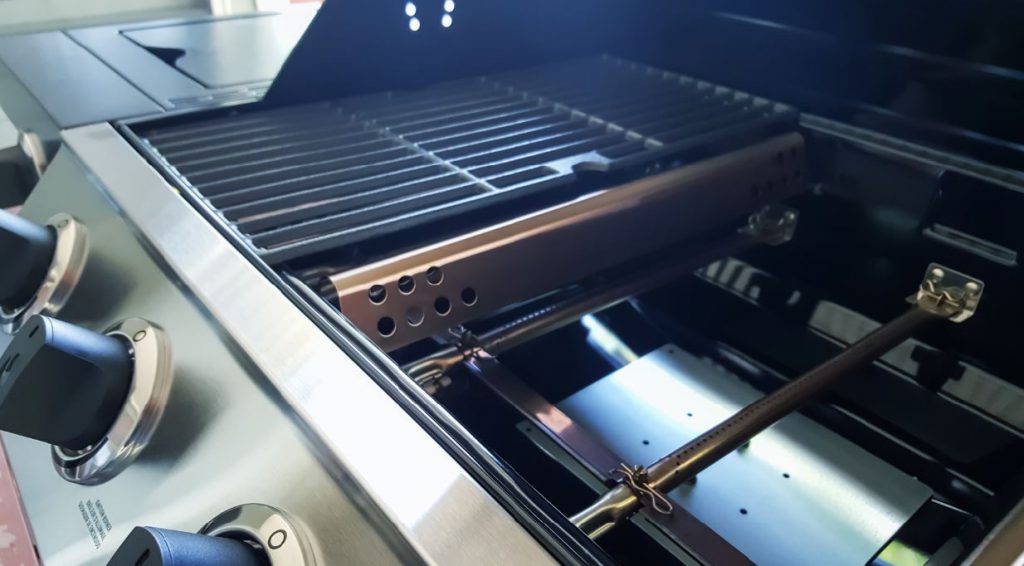Simple ways to clean your barbecue
It’s easy to keep your barbecue in shape with some simple eco-friendly solutions.
Check out some of our favourite barbecue cleaning tips below.

Remove dust and grime
Add a dash of vegetable oil to the grill, then turn up the heat and close the lid. Let the oil heat up, then scrape or wipe away any dust, grit and crumbs. Carefully wipe away any extra grime with a damp cloth or newspaper.
Lemons, onions, baking soda and vinegar
While barbecue wipes are great for a quick clean, you can also clean your barbecue with half an onion or lemon. 
Fill a heat-safe dish with hot water, place it on the barbecue and close the lid. After the barbecue has steamed for 10 minutes, rub away any residual food and oils with your onion or lemon.
Alternatively, you can try cleaning the barbecue with baking soda, or a 50-50 mix of vinegar and water. Spray the vinegar water over greasy areas, let it sit, then lightly scrub away.
Beneath the grill
Once your barbecue has cooled down, you can get in to clean the interior catchment area.
Give the interiors a good scrub, then empty and wipe down any oil trays. Some parts of your barbecue may be dishwasher safe, so save yourself some time and load the dishwasher up.
What to do with excess oil
Most barbecues have an oil or juices drain or catchment tray. Pour oil and juices into a container and wait for them to solidify before binning them.
Alternatively, you can line the catchment tray with alfoil and add fresh cat litter or sand. Let the oil absorb, then wrap up the alfoil and bin the waste. If you don’t have a catchment tray, you can place an alfoil baking tin where the excess drain flows.
BBQ tips from CheatMeats
Want to elevate your BBQ game? Our friends at CheatMeats have provided us with their top barbecuing tips. Check them out here.